Written by Velina Lilyanova,
Graphics by Christian Dietrich,

The challenges ahead of the EU and the current candidate, and potential candidate, countries – Albania, Bosnia and Herzegovina, the former Yugoslav Republic of Macedonia, Kosovo, Montenegro and Serbia – are multiple and, to some extent, different compared to the past. First, the EU itself is in a different situation. In 2014, the European Commission’s newly elected president announced a five-year halt to enlargement. In June 2016, the UK voted to leave the EU, an event unprecedented in Union history. Second, the Western Balkan countries present a case more complex than previous EU candidates, because apart from making a difficult transition to democracy while struggling economically, they face the legacy of relatively recent armed conflict and have bilateral disputes to resolve. And yet, despite the seemingly more distant prospect of further enlargement, the EU has recently confirmed that the integration of the Western Balkans remains on the agenda and is a matter of mutual interest.
For the aspirant countries, however, ‘the bar for accession has been set higher’ because of the evolving enlargement policy, with its increased focus on conditionality and reshuffled priorities. One novelty is a new EU approach, which brings rule of law to the fore As this is a major area of concern, in which reforms take longer, the EU has decided to open rule of law Chapters 23 and 24 in the negotiation process first. An argument in favour of this approach is that post-accession monitoring has not proven efficient, as in the case of Bulgaria and Romania. Another highlight is an increased focus on regional cooperation. While enlargement is on hold, cooperation could give fresh impetus to the region’s economic performance, reconcile societies and prepare them for eventual EU entry.
Read the complete briefing on ‘The Western Balkans and the EU‘.

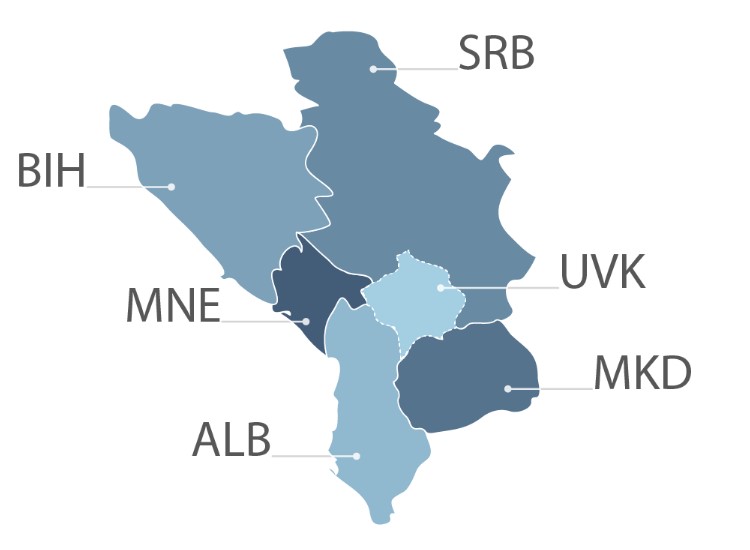
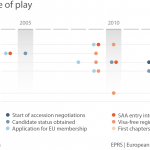
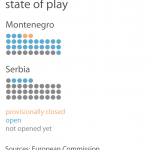
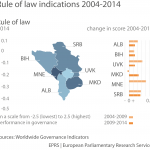

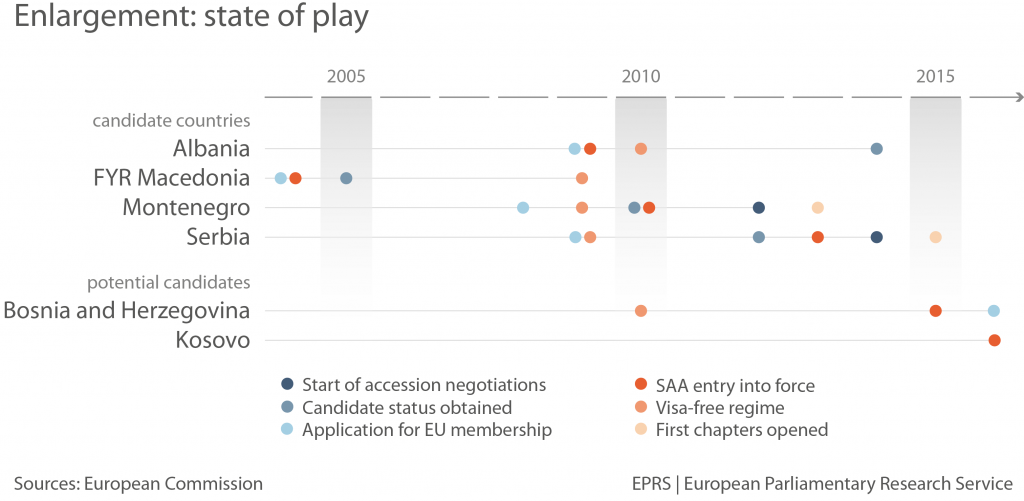
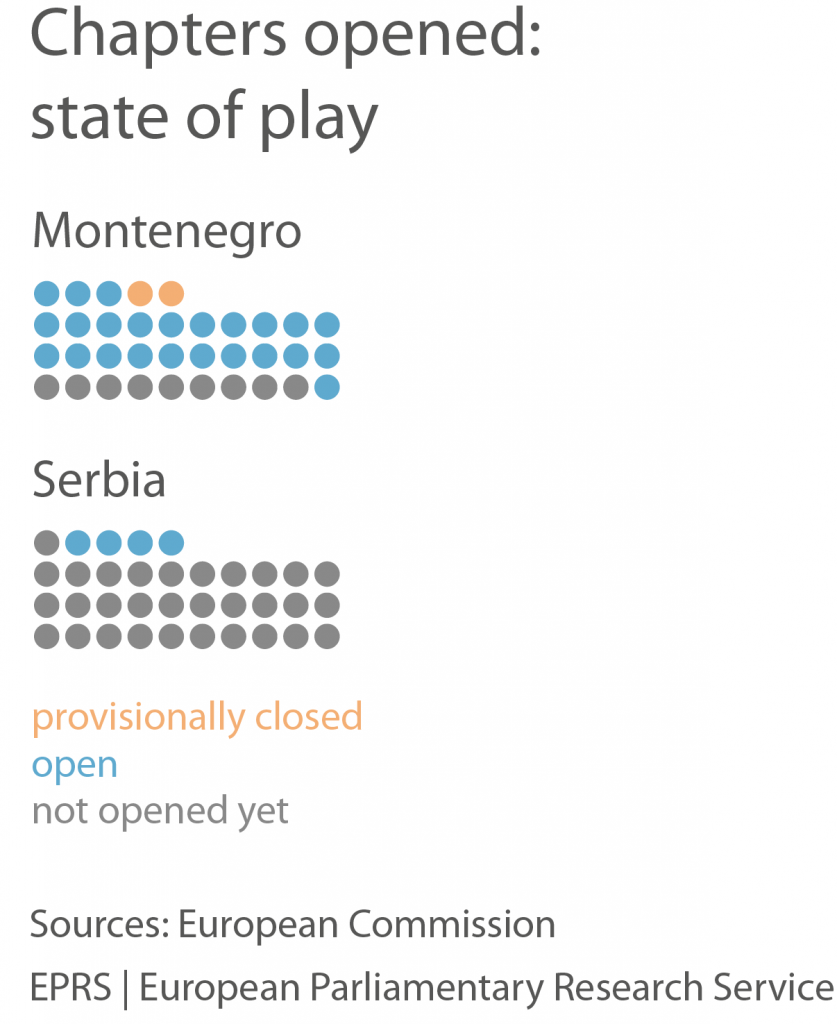
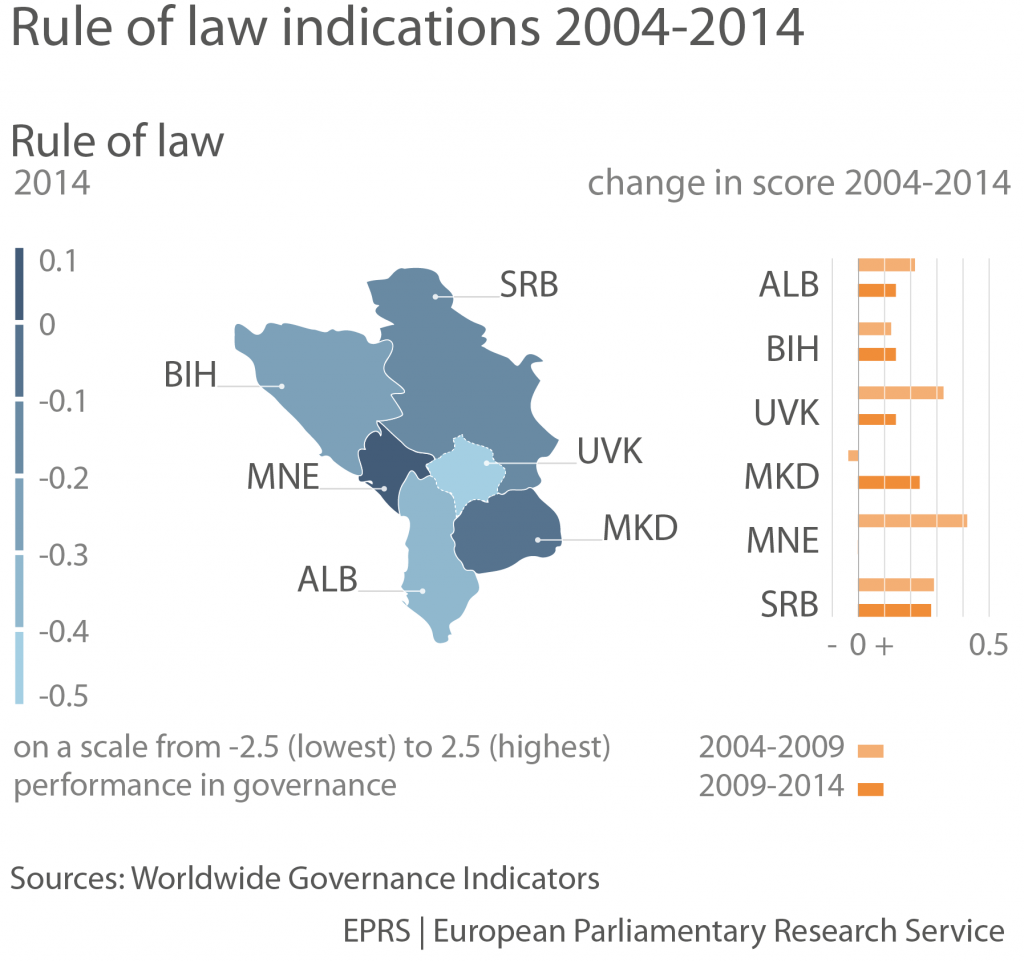







[…] […]